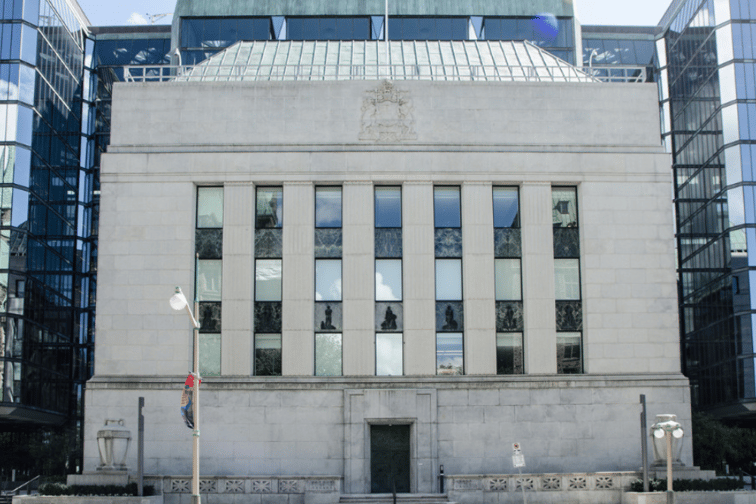

The Bank of Canada’s latest survey on the country’s financial system has revealed that while experts believe the risk of a shock that could impair the system has decreased, some concerns remain around various factors.
According to a report by The Canadian Press, the central bank found that confidence in the financial system’s resilience is at its highest level since the first Financial System Survey was conducted in 2018.
Respondents to the 2023 survey cited a well-capitalized banking sector and well-regulated financial system, stating that they expect regulators, central banks, and governments to intervene in the event of a significant shock.
However, concerns were raised around geopolitical tensions, high inflation, unemployment, and household debt burdens.
Those who think the likelihood of a shock is greater in the next one to three years said they are concerned that high inflation could linger, and that quantitative tightening could lead to deteriorated market liquidity.
They also warned that a successful cyberattack on a Canadian financial institution or significant financial market infrastructure could cause system-wide disruptions.
Geopolitical tensions could likewise weigh on the pricing of risk assets worldwide, according to the respondents.
Bank of Canada’s 2023 Financial System Survey was conducted between February 21 and March 10, the Canadian Press noted, with 58 senior experts in risk management serving as respondents.
Another 2023 survey by Allianz Global Corporate & Specialty (AGCS) previously identified cyber incidents, macroeconomic developments, and changes in legislation and regulation as the top concerns for the financial services sector.
Meanwhile, a report by the Financial Services Information Sharing and Analysis Center (FS-ISAC) published earlier this year named ransomware attacks as the most pressing cyber threat concern among global financial institutions.
What are your thoughts on this story? Feel free to comment below.
